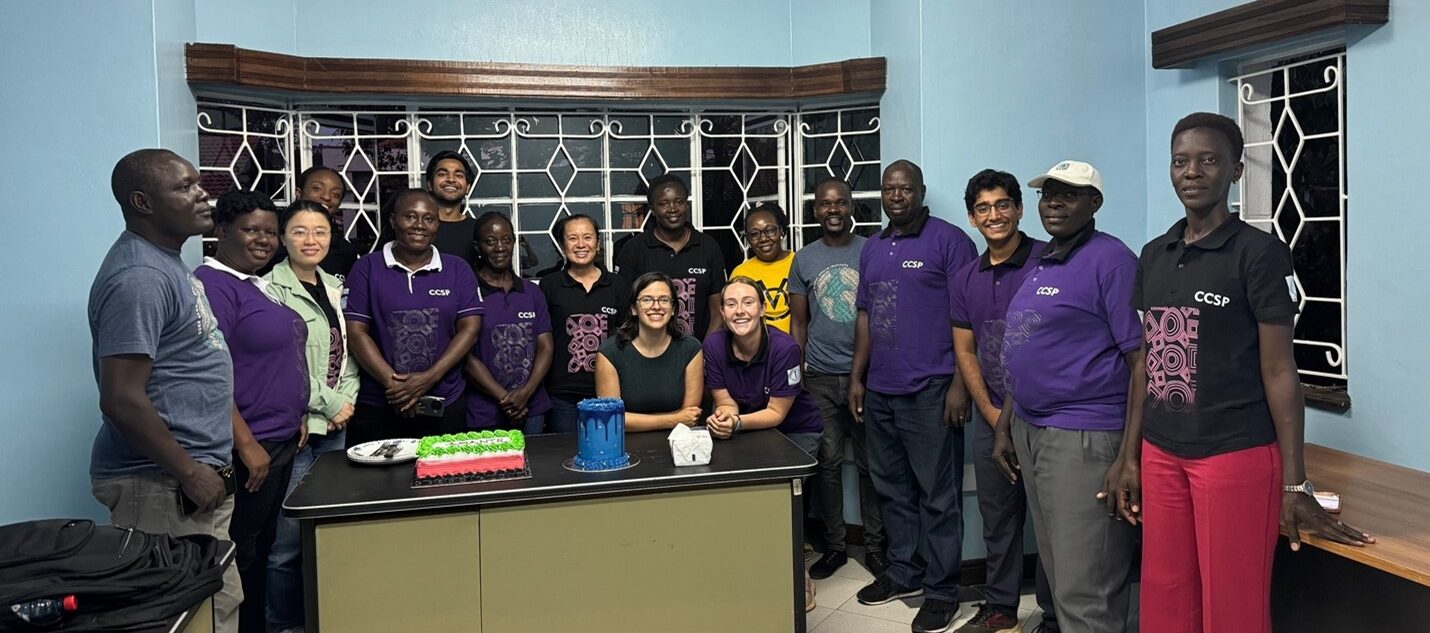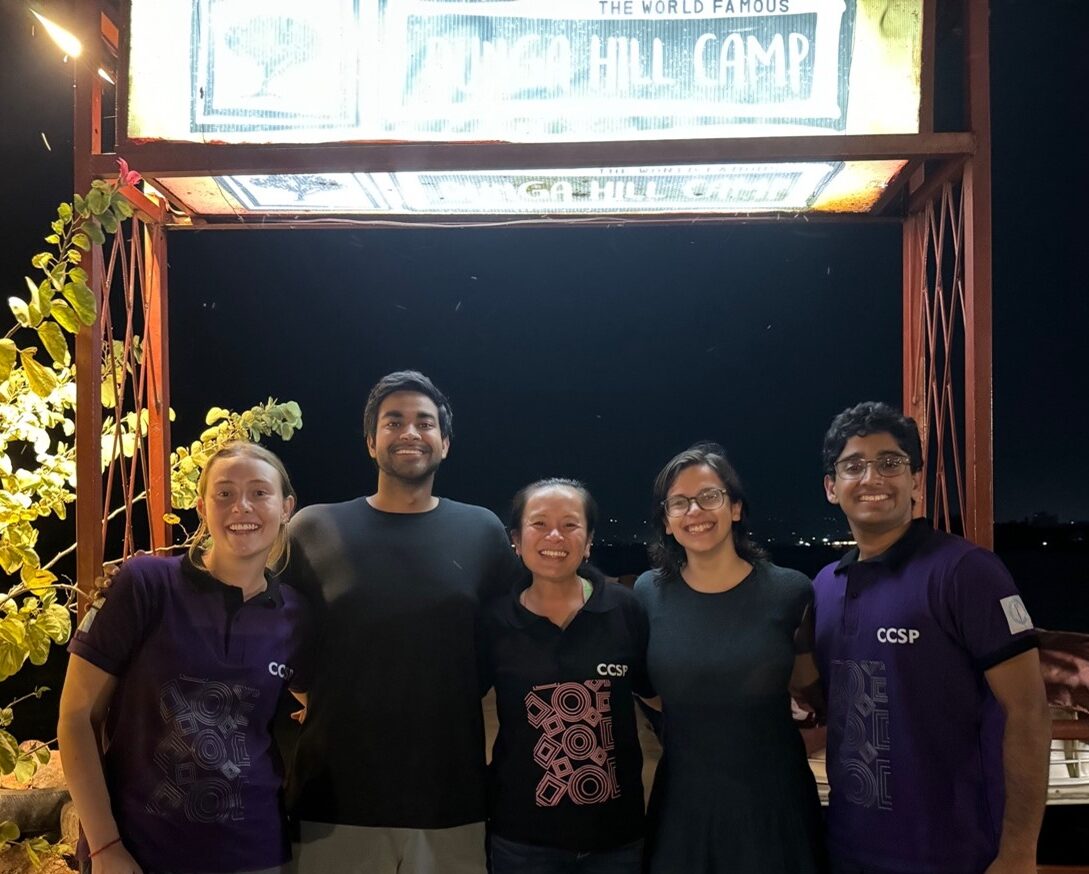It’s been a year since I first set foot in Kenya, and I’m grateful for the opportunity to come back. Last year, I dedicated my time to building an integrated version of the mSaada app, and over the past eight months, we’ve been piloting this app within the community. The pilot phase is now complete, and this summer we have been working to refine and improve the app based on user feedback in preparation for the cluster randomized controlled trial we’re launching later this year.
While we made some app-specific changes based on user feedback, it became evident that there was a significant need for further educational materials. Indeed, while technology holds great potential, in low-resource settings, the education that accompanies it is essential for successful implementation. Thus, I had the opportunity to collaborate with the SRT students to take the following initiatives this summer in response to the above feedback:
- Clarifying HPV Results: Many users needed reassurance that a positive HPV test does not mean they have cancer. We added language in the result notification text messages to highlight this distinction clearly.
- Educational Brochure: We created a comprehensive brochure that women and their partners can access at their convenience. This brochure explains the relationship between HPV and cervical cancer, providing valuable information that users can refer back to.
- Partner Education Materials: We developed materials specifically for partners. These resources educate them about cervical cancer screening, HPV, and how they can support their wives during and after treatment.
- Revamping Training Materials: Some functionalities in the app, such as documenting result notifications, were underutilized because they weren’t thoroughly covered during training sessions. We revamped our training materials to ensure that users had ample opportunity to practice using these forms.
Before arriving, I anticipated focusing on revamping the mSaada app for the next phase of the study. However, I quickly realized there were other pressing projects on the ground. In addition to working on mSaada, I helped build a workflow for our U01 study, which involves taking cervical biopsies at the time of treatment of cervical dysplasia and sending them for pathological evaluation. I developed a system for the pathologist to input pathology data directly into our workflow, allowing us to automatically receive results.
Another project we’ve been working on is the U54 study, where we perform HPV-based cervical screening using the health fair model. At the fairs, we offered HPV-based cervical cancer screening and HPV vaccines to eligible girls, and I even had the opportunity to administer some vaccines myself! I would be curious to learn more about which screening model achieves better uptake: home-based screening (current mSaada model) or screening at health fairs in the community.

This experience has reminded me how much I enjoy helping people become more efficient in their jobs. During a health fair two weeks ago, I noticed a significant reliance on paper-based tracking. Health providers were handwriting students’ information into multiple registers, which took longer than administering the HPV vaccines! Currently, there seems to be little interest from clinics and the Ministry of Health to transition from paper-based to electronic records, but I am keen to learn how to initiate discussions and foster interest in making this change.

In the office, I worked with the SRT students to observe our own processes, especially how we manage our data, and figure out how we can automate as much as possible. I have collaborated with them to create dashboards that make our data manager’s job a bit more efficient. Learning from the students was a bonus; they taught me how to create a macro file in Excel!

Amidst all the work, I’ve also managed to explore Kenya. The highlight of my summer was a trek up Mt. Kenya. At an elevation of over 16,000 feet, I experienced mild altitude sickness but was rewarded with some incredible views. These weekends of adventure have provided a perfect balance to the busy weekdays in the office and the field.

As we prepare for the upcoming cluster randomized controlled trial, I’m excited about the improvements we’ve made to the mSaada app and the additional educational resources we’ve developed. The feedback from the community has been invaluable, and I’m eager to see how these changes will enhance the user experience and outcomes.
Reflecting on this past year, I’m filled with gratitude for the opportunity to contribute to this meaningful work and for the chance to learn and grow alongside the communities we support. Here’s to developing more efficient systems that enable community workers to focus on what truly matters: serving the community.
